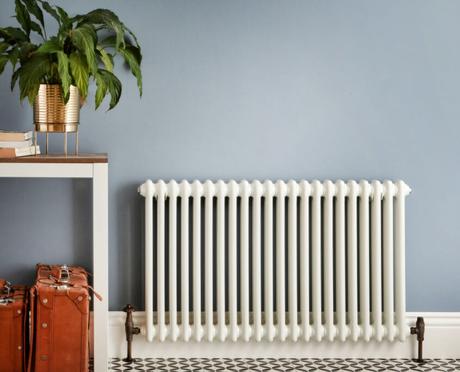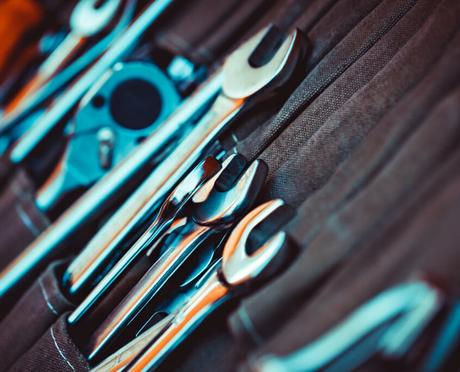
Keeping your Radiators in Top Shape
Until you own a home, you probably don’t realize how many items around the house require some form of maintenance.
I had my own rude awakening upon moving into my property three years since, and despite much ‘encouragement’ from my better half, am still to properly embrace the tasks at hand. Of which I’m reminded. A lot.
I’m as guilty as anyone of waiting for something to break and finding a fix, when some simple maintenance would probably prevent the problem in the first place.
There’s probably plenty of people with the same mentality, but we really could make our lives easier by changing our ways somewhat!
Think about your central heating system and the radiators you currently have installed, for instance.
Whether it’s cast iron radiators, modern designer radiators or towel rails, your home heating solutions cost a pretty penny. And whilst we’d never put you off investing in a shiny new rad when needed, we’d hate for you to not make the most of your existing components, and ensure they are working efficiently to full capacity.
So, when was the last time you checked out how your home radiators were performing? Have you gone to the trouble to bleed your radiators within the last year? Are you 100 per cent sure that certain radiators work still even?
There’s a few simple ways to check that your heating is operating properly. And some easy maintenance measures to help prevent corrosion in your radiators, and stop your radiators from leaking.
This article will explain how to maintain your radiators for the best and most durable performance possible.

Why do Radiators leak?
Lots of homeowners won’t realize that radiator leaks and rusting can be caused by extremely simple chemical reactions.
I know I didn’t have a clue.
Typically, sludge can build up inside radiators, and when left to do its damage, lead to miniscule holes in them. This obviously makes your radiator susceptible to leaks as a result.
Water always reacts with steel, which accounts for the construction of plenty of radiator designs old and new. So take the time to inspect your heating systems, and rid them of any mud-like sludgy substances that might have built up.
While you’re at it, they’ll probably appreciate the addition of some fresh water too.
Why do Radiators rust?
Corrosion in radiators can prove commonplace over time. If your radiator remains under guarantee, check that the plumber got shut of any debris during installation. Corrosion or rust is increasingly likely if bits and bobs have been circulating through the system for a while.
Essentially, a clear radiator on the inside is always best for performance. It significantly reduces the risk of leaks, corrosion and rusting.
What should I do if my Radiator is leaking?
If you do notice a radiator leak, it doesn’t necessarily mean you have to buy a new radiator model. Once you’ve noticed a leak, follow these steps before deciding what course of action to take…
- Identify exactly where the water is coming from. Dry out your radiator completely and determine the source of the leak.
- If any of the radiator valves are the problem, you might require assistance from a plumbing professional. Use a spanner to close the valve or valves. That should stem the leak until your plumber can work his magic.
- Radiator leaks can emanate from the intersection between a valve and a pipe. Try tightening the loose bolts with a spanner before you call a professional. In many cases, this will solve the leak.
- If you have a leak emerging from an electric radiator, then you do need to seek a replacement heating system. There really isn’t any other option.
Especially if you haven’t prepared for it, forking out for a new radiator can be a hugely inconvenient exercise.
Of course, we have all sorts of excellent options available at BestHeating. And we’re always committed to helping you stylishly upgrade your home heating for less.
Just make sure you’re doing the proper maintenance and performing the proper checks to ensure your existing radiators work to their full capacity for as long as possible. It can save you plenty of cash in the long run, and it’s not even that much work!
For more info about fixing a radiator leak, check out our Ultimate Radiator Leak Guide.

Bleeding your Radiators
If you’re concerned about trapped air curtailing the efficiency of your radiators’ performance, you might want to think about bleeding your radiators.
Our Advice Centre guide on how to bleed a radiator tells you everything you have to know, from how to tell if you need to bleed your radiators, what tools you require to do so, and how to actually bleed them.
Get in touch with BestHeating
For any more help and advice surrounding the maintenance of your radiators, or any other home heating queries, be sure to get in touch with us. You can leave comments in the comments section below, or contact us via Instagram, Twitter or Facebook. Stay safe and happy heating.


